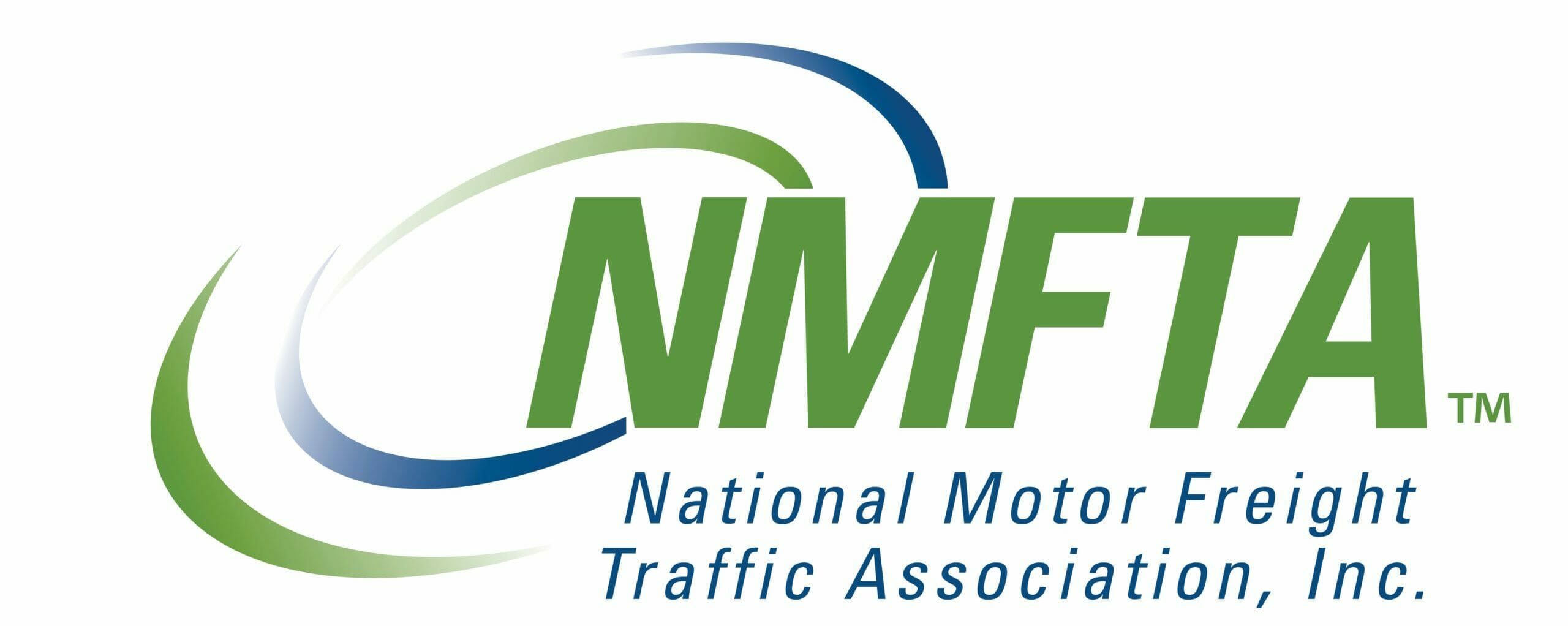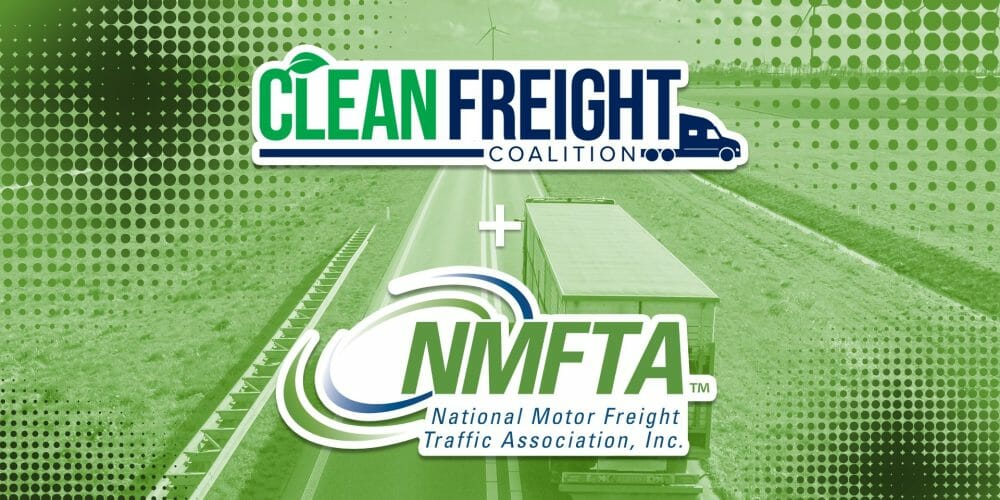A new report released today by Roland Berger, commissioned by the Clean Freight Coalition (CFC), found that fully electrifying the U.S. commercial truck fleet would require a staggering $1 trillion investment just for infrastructure.
The report outlines a practical plan for charging stations to support electric medium and heavy-duty trucks. However, it also reveals a significant funding shortfall as government policies push for more battery-powered commercial vehicles.
To access a one-page summary of the report, click here. To access the full summary, click here.
Key findings from the report are:
• Preparing today’s commercial vehicle fleet for electrification would require the commercial vehicle industry to invest upwards of $620 billion in charging infrastructure alone, including chargers, site infrastructure and electric service upgrades.
• Utilities would need to invest $370 billion to upgrade their grid networks to meet the demands of just commercial vehicles.
• This nearly $1 trillion expenditure does not account for the cost of new battery-electric trucks, which according to market research can be two to three times more expensive than their diesel-powered equivalents. For example, a diesel Class 8 truck costs roughly $180,000, while a comparable battery-electric truck costs over $400,000.
The CFC, a group representing the trucking and motorcoach industries which includes stakeholders like the National Motor Freight Traffic Association (NMFTA), emphasized that policymakers need to address the challenges of cost and infrastructure. This is critical to ensure a smooth transition to an electric supply chain for the U.S. economy.
The report found that while medium-duty vehicles will face fewer roadblocks, economic and operational constraints make electrification very challenging for the heavy-duty segment. Furthermore, the report outlined the significant improvements in battery range and charging infrastructure capabilities that would be needed to support a path for the electrification of long-haul vehicles.
“Electrification means focusing on the vehicle segments that are easier first; it means that we have to look at how fleets operate and potentially adjust; it means that we need better cooperation and planning across industries and governments; and it requires an openness to alternative technology paths to decarbonizing the heavy-duty segment,” said Dr. Wilfried Aulbur, senior partner at Roland Berger. “It also is clear that an industry with a yearly turnover of about $800 billion and a profit margin around 5% cannot invest $620 billion without financial support or a significant increase in freight rates.”
“This study thoroughly examines the issues surrounding the infrastructure buildout necessary to electrify commercial vehicles, and it clearly shows how the heavy-duty vehicle industry’s needs are vastly different not just from other sectors of our economy, but from each other,” said Jim Mullen, executive director of the CFC and chief strategy officer at NMFTA. “I want to thank the team at Roland Berger for so clearly outlining the challenges electrifying our supply chain poses as the industry and nation continue working toward our shared goal of reducing trucking’s impact on the environment.”
“As representatives for the less-than-truckload segment of the industry, the transition to zero-emission trucks is a paramount concern to our members; if not done in a sustainable and affordable fashion, it will negatively impact their businesses, as well as the overall supply chain,” shared Debbie Sparks, executive director at NMFTA. “This study is imperative to the understanding of the issues at stake in this move to zero emission trucks.”
About NMFTA
Since 1956, the National Motor Freight Classification, Inc. (NMFC)®️ has represented the interests of the less-than-truckload (LTL) motor carrier industry. The NMFTA publishes the National Motor Freight Classification (NMFC)®️, assigns Standard Carrier Alpha Code™ (SCAC®), assignment of Standard Point Location Codes® (SPLC™), develops digital standards for the LTL industry, and safeguards those digital standards through cybersecurity research, dissemination of studies, and education. Membership in NMFTA is available to all for-hire interstate and intrastate motor carriers. For more information, visit www.nmfta.org.
About Clean Freight Coalition
The Clean Freight Coalition (CFC) is an alliance of transportation stakeholders committed to a clean energy future for America’s commercial vehicle industry. Participating associations span motor carriers of every size and sector, truck dealers, truck stop operators and bus industry. For more information, visit www.cleanfreightcoalition.org.
Contact
Marli Hall
Director of Public Relations
marli.hall@nmfta.org
703-665-3559


